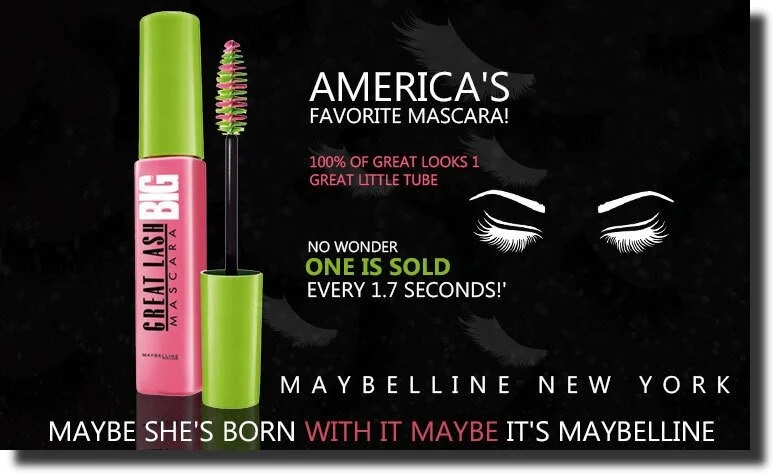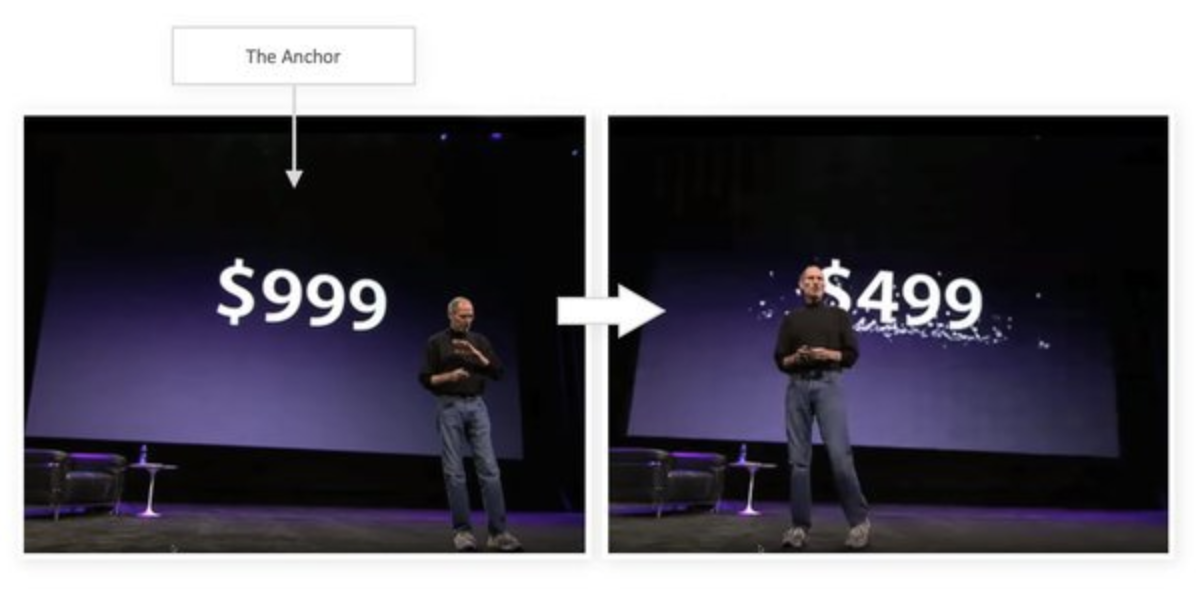Copywriting is 80% Psychology. Here are 10 Psychological Triggers to Prove It
COPYWRITING IS 80% PSYCHOLOGY & ONLY 20% WRITING.
In the world of copywriting, understanding human psychology is not just a bonus — it’s the key to success. With 80% of copywriting being influenced by psychology and only 20% by actual writing, it’s essential to harness the power of psychological triggers. But don’t worry, we’ve done the research for you and compiled the top 10 psychological triggers that can make a significant impact in your copywriting endeavors. And to make it even more relatable, we’ve included real-life examples to showcase these triggers in action.
1. THE NOSTALGIA EFFECT
Tapping into our sentimental feelings about the past can profoundly influence our present actions. Take the hit sci-fi show “Stranger Things,” which cleverly sets its storyline in the 70s, invoking a familiar and relatable vibe that resonates with audiences.
2. INCENTIVIZATION
We all work harder when there’s a reward waiting for us. That’s why many e-commerce stores offer free shipping above a certain spending threshold. By incentivizing customers with a tangible benefit, they are more likely to make a purchase.
3. ZERO-RISK BIAS
Humans seek certainty, especially when faced with seemingly risky decisions. This is particularly evident in the digital product landscape, where potential customers can’t experience the product before purchasing. By mitigating risks and providing guarantees, businesses can instill confidence and encourage conversion.
4. HYPERBOLIC DISCOUNTING
We have a natural tendency to prioritize immediate rewards over long-term gains. Highlighting time-limited offers, such as “Shop now, pay in 3 easy installments with zero interest,” plays into this bias, triggering the desire for instant gratification.
5. FRAMING EFFECT
How information is presented to us greatly influences our perception. By carefully crafting the presentation of your product or service, like Fenty’s commitment to inclusivity, you can shape how customers perceive and connect with your brand.
6. THE IKEA EFFECT
We place a higher value on things that we contribute to creating. Companies like Wix leverage this effect by highlighting how effortlessly users can build their own website, emphasizing the sense of accomplishment and ownership.
7. THE DECOY EFFECT
Introducing a third option can significantly impact how we perceive choices. By strategically presenting a decoy option, businesses can influence customers to favor a specific choice, often the one they want them to make.
8. THE BANDWAGON EFFECT
People tend to follow popular opinions without questioning them, assuming that the majority must be right. Brands like Maybelline showcase the high demand for their products, creating a sense of urgency and social proof.
9. LOSS AVERSION
We are wired to avoid losses more than we seek equivalent gains. Drawing comparisons, like Dan Koe comparing his course to a college degree, highlights the potential loss customers might face by not taking advantage of the opportunity presented.
10. ANCHORING BIAS
Our minds heavily rely on the initial information presented to us when making decisions. By strategically anchoring the perception of value, as Steve Jobs did by initially pricing the iPad higher and then offering a perceived discount, businesses can influence customer perceptions and drive sales.
At Chapter3, our goal is to equip entrepreneurs and individuals with actionable information that fosters growth and facilitates informed decision-making. Understanding and leveraging these psychological triggers can be a game-changer for your copywriting efforts. By incorporating these insights into your messaging and strategies, you’ll be able to connect with your audience on a deeper level, driving engagement, conversion, and ultimately, business success. Remember, copywriting isn’t just about words — it’s about understanding and tapping into the power of human psychology.
Discover the power of growth and business development with Chapter3.
Get in touch at https://chapter3.ventures/ or email us info@chapter3.ventures
Visit ourInstagram,Twitter, andTikTok for more business tips and daily motivation!










